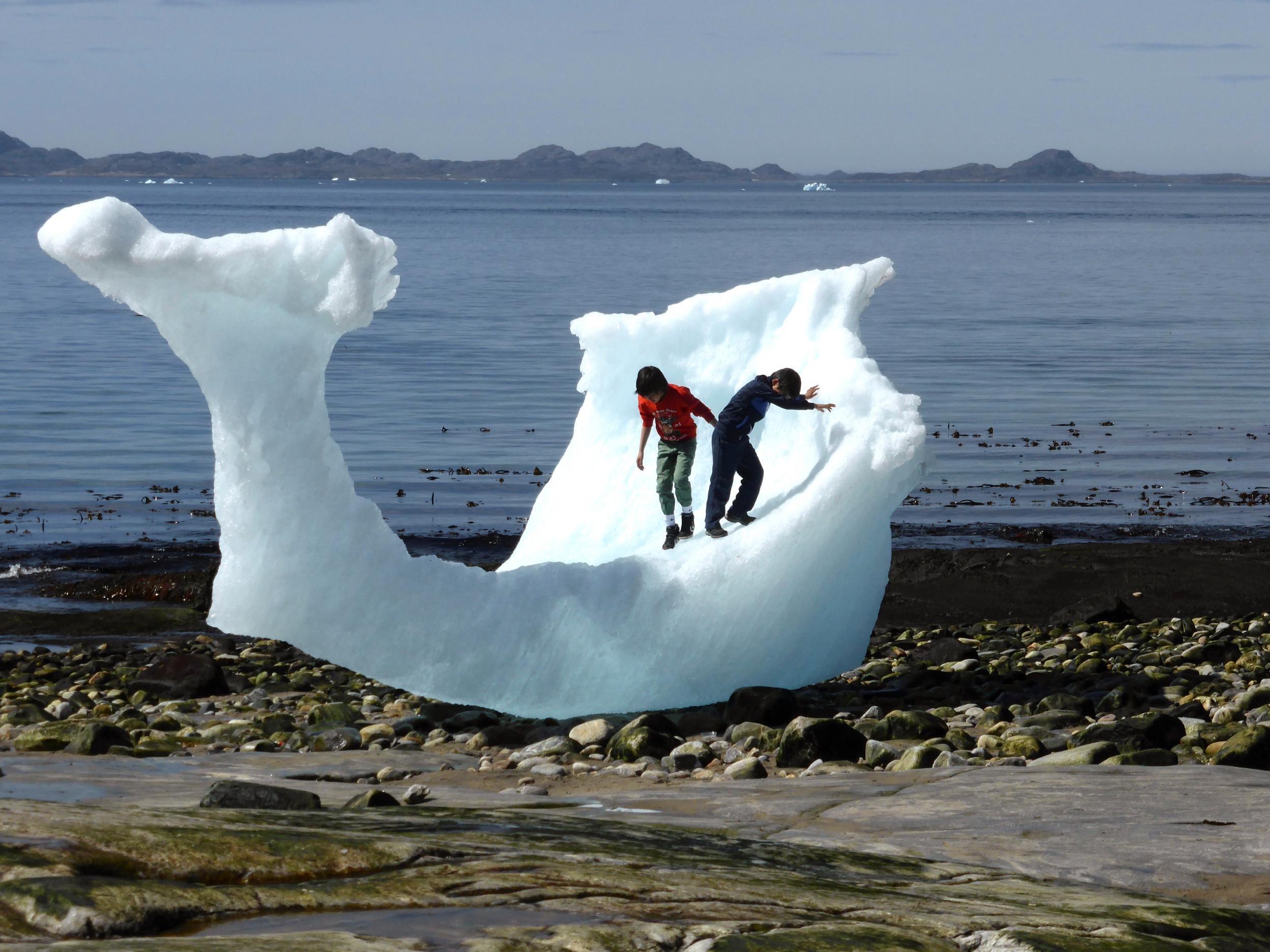Science journalist retires at 98 and warns of generation of Americans who suffer from a thinking 'disability’
‘A perfect example is the controversy over climate change ... the failure of people to understand that this is real science, and it’s just as scientifically valid as the fact that we’re going to have an eclipse of the sun on August 21’

Your support helps us to tell the story
From reproductive rights to climate change to Big Tech, The Independent is on the ground when the story is developing. Whether it's investigating the financials of Elon Musk's pro-Trump PAC or producing our latest documentary, 'The A Word', which shines a light on the American women fighting for reproductive rights, we know how important it is to parse out the facts from the messaging.
At such a critical moment in US history, we need reporters on the ground. Your donation allows us to keep sending journalists to speak to both sides of the story.
The Independent is trusted by Americans across the entire political spectrum. And unlike many other quality news outlets, we choose not to lock Americans out of our reporting and analysis with paywalls. We believe quality journalism should be available to everyone, paid for by those who can afford it.
Your support makes all the difference.A 98-year-old US science journalist, who has finally decided to retire, has said a generation of Americans are suffering from a “major disability in what they can think about and understand”.
David Perlman, who has not only won awards but had them named after him, said this was one reason why so many people refused to recognise climate change was real.
Speaking to the website of the Poynter Institute, which trains the media, The San Francisco Chronicle journalist described cuts in science coverage by newspapers as “absolutely obscene”.
“Newspapers, whether online or in print, are a major factor in the ongoing education and awareness of the public, and specifically of a younger generation,” he said.
“And whether it's online or in print, the idea of failing to cover advances in science ... it creates a generation with a major disability in what they can think about and understand.”
This lack of critical thinking was being demonstrated in the US public’s reaction to scientific evidence that the world is getting warmer because of greenhouse gas emissions, largely caused by fossil fuels.
“A perfect example of that [lack of understanding of science] is the controversy over climate change, global warming and all that that implies,” Mr Perlman said.
“The failure of people to understand that this is real science, and it's just as scientifically valid as an issue today as is the fact that we're going to have an eclipse of the sun on August 21. That's not a theory — that's going to happen.
“And the climate is going to change more, and more and more.
“The resistance to an understanding of that I can understand ... which is largely generated by people whose economic interests are threatened by the fact that what's causing the changing climate is, in fact, the increasing emissions of greenhouse gases.”
A recent poll by YouGov found 57 per cent of Americans thought that a combination of human activity and natural causes were causing global warming.
According to Nasa and other scientific bodies, greenhouse gas emissions have caused the vast majority of recent warming with the world experiencing three successive, record-breaking hottest years. The natural El Nino weather cycle has had a relatively minor effect.
Mr Perlman said once there had been 50 to 75 pages in newspapers devoted to science across the US but now “there’s The New York Times on Tuesday” with only a few others having anything similar.
“I think newspapers have abdicated their responsibility by diminishing the amount of science coverage,” Mr Perlman said.
Born in 1918, he will be nearly 99 when he leaves the Chronicle in August after nearly 70 years at the paper.
He said he only began thinking about retirement last year, but then thought: “What the hell — it was too much fun still working, and I could still write good stories”.
“It was, I think, a couple of months ago, something like that, that I realised it's really time to stop."
Join our commenting forum
Join thought-provoking conversations, follow other Independent readers and see their replies
Comments